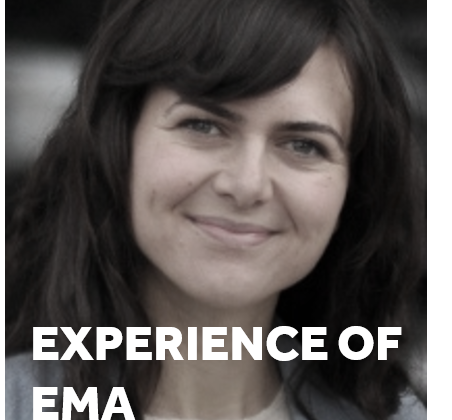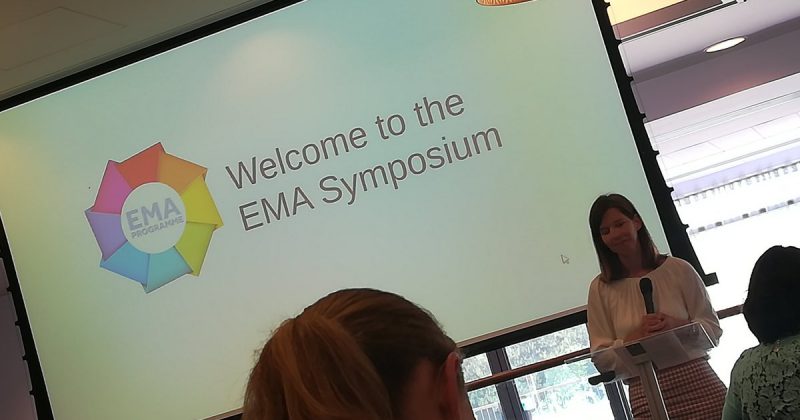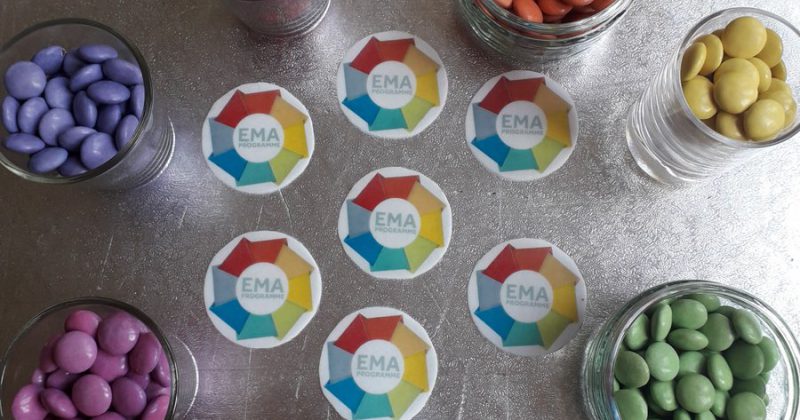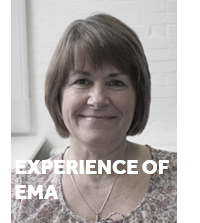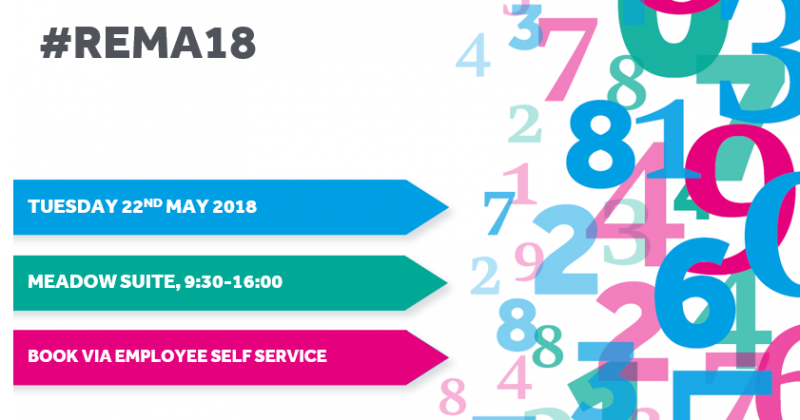
Student Focus Groups Underway
The University is running a major programme to improve the experience of assessment for students and understanding the student perspective is extremely important. The EMA Programme recently started running small focus group discussions with a diverse range of students to explore how we could make better use of the data we now have on their assessment as a result of making sub modular marks available in RISIS.
We ran our first session in June with undergraduates and it proved a very informative and successful event. During a frank and open discussion, participants shared their experiences and expectations of personal progress tracking tools both within educational contexts and outside of it: what they do well and what the challenges can be. In the second half of the session, we ran some activities to uncover what features students would value and what approaches work well or less well. Some of the comments were expected and intuitive, some less so, which is what makes...

![[EVENT] Remaking Marking: Electronic Management of Assessment National Conference](https://sites.reading.ac.uk/ema/wp-content/uploads/sites/25/2018/06/Remaking-Marking-5-800x420.png)

